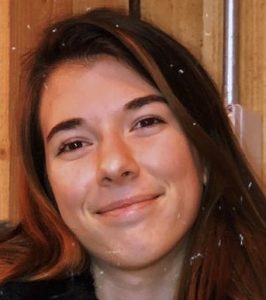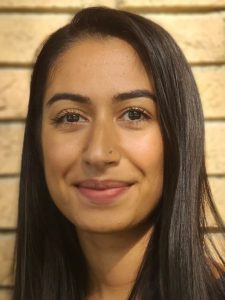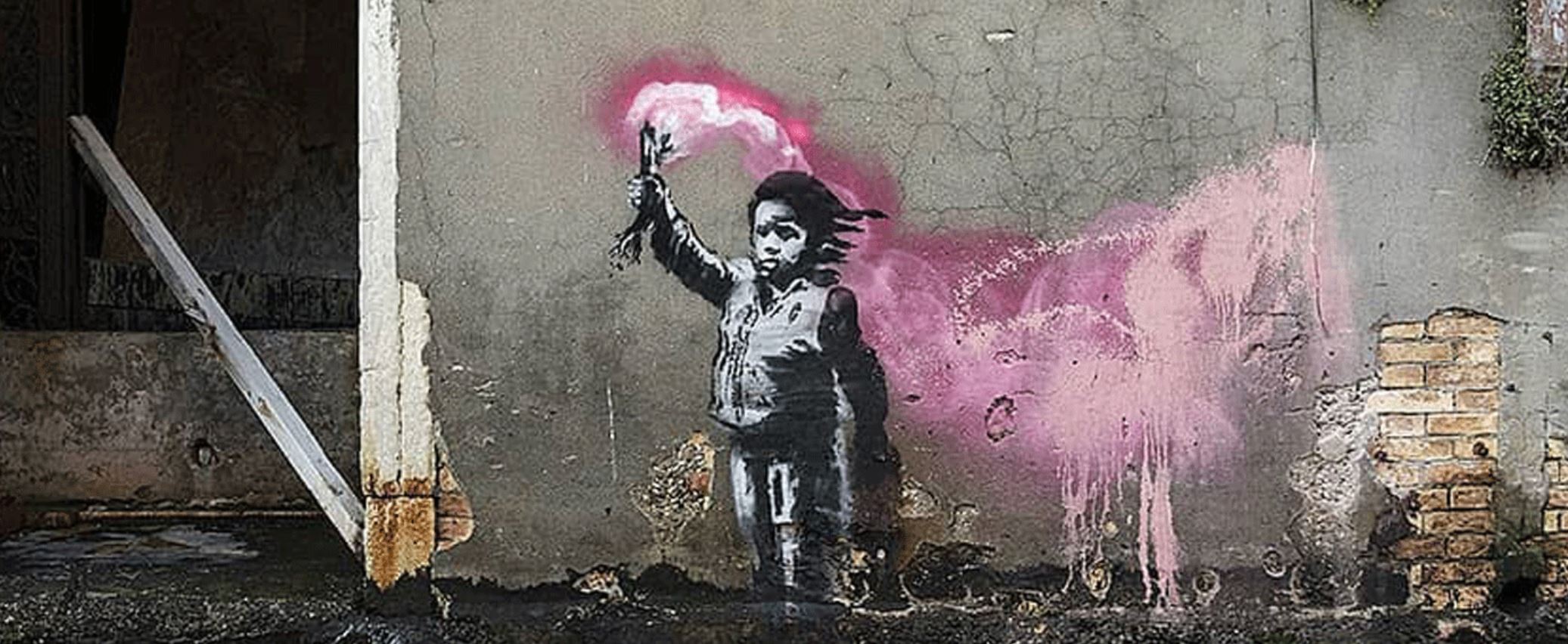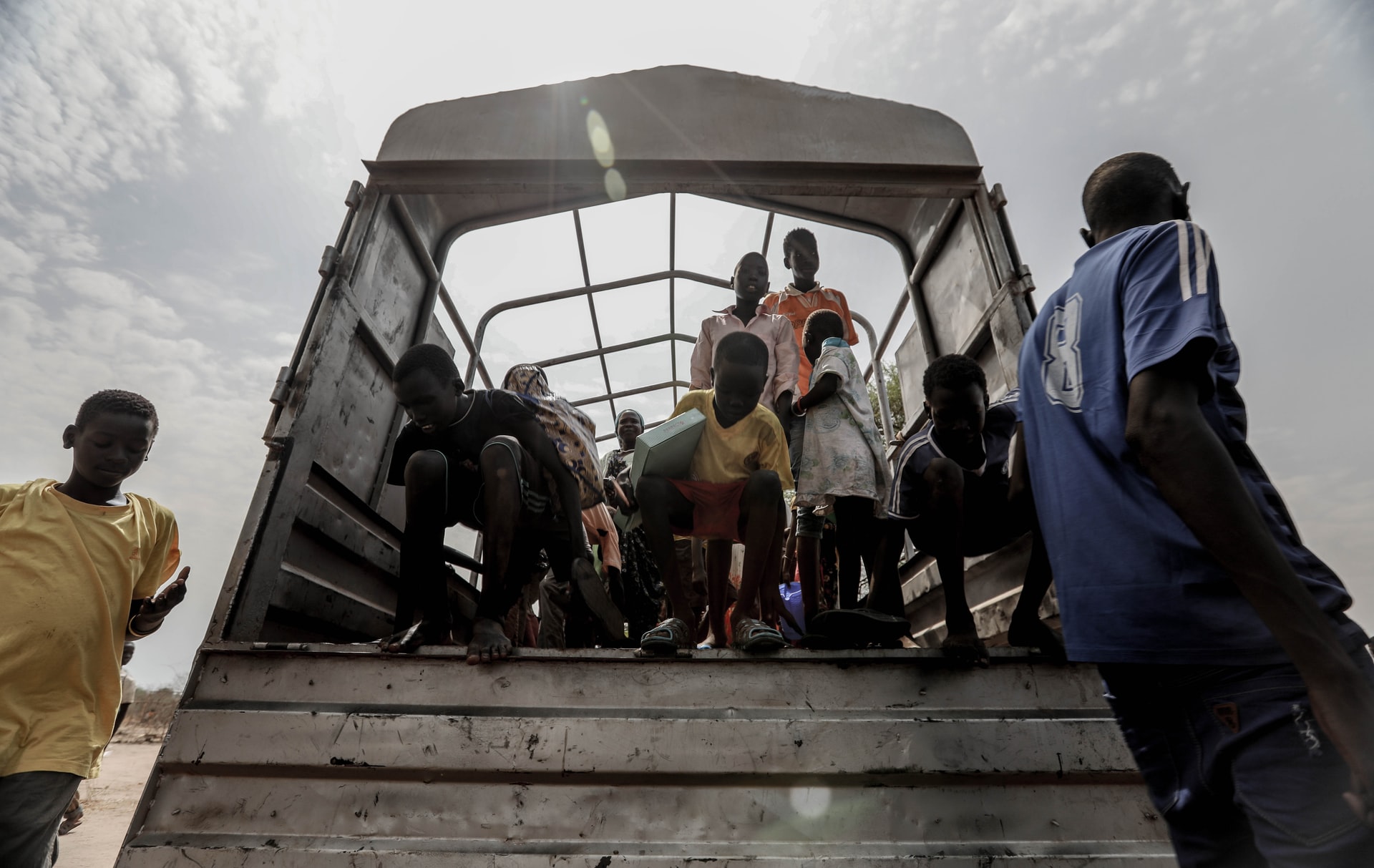Fleeing one’s home is an enormously disruptive experience for refugees. One challenge in particular is how to continue receiving an education in an entirely different country. In the last episode of Refugee Realities, we hear from some of the organisations that are involved in providing schooling for refugee youth around the world. Konstantina Mirtzani, Valeria Miglio, and Ezgi Ilhan speak with members of two fascinating NGOs focused on advocating for refugee education and providing schooling in innovative ways
Advocating for refugee education
Hosts: Konstantina Mirtzani and Valeria Miglio, MSc students, International Development and Humanitarian Emergencies, LSE
In this episode, we speak with Giulia Cicoli, co-founder and Advocacy Director of Still I Rise NGO. Still I Rise was first founded in 2018 to address the lack of appropriate education services for minors living in the Samos hotspot. Since then, the organisation has opened schools for displaced youth in Syria, Kenya, and Turkey. These projects focus on providing education in emergency contexts (Syria, Greece) as well as in protracted refugee crises (Kenya, Turkey). The organisation is also involved in a series of advocacy projects including an ongoing lawsuit on the human rights violations of unaccompanied minors at the Samos hotspot. During the episode, Giulia shares her field experience of working to promote education to refugee children and fighting against the barriers encountered by displaced youth when accessing this fundamental human right. Along with the importance of education for refugee livelihoods, the importance of building trust with the local community and the topical issue of criminalisation of aid workers assisting refugees are covered.
Listen to the podcast
Digital education and displacement
Host: Ezgi Illhan, MSc student, International Migration and Public Policy, LSE
In this interview with Valentina Spinedi, Director of Student Advising at Paper Airplanes, we discuss virtual refugee education, which is especially relevant during this pandemic. Paper Airplanes is a fully virtual NGO providing educational services to conflict-affected individuals focusing on displaced Syrians with refugee status. Though many organisations struggled to transition to operating remotely after the start of the Covid-19 pandemic, Paper Airplanes had the unique advantage of already being virtual. In the episode, we talk about the advantages and challenges of providing virtual educational services to refugees, the impact their programmes have, why virtual education and language programmes are advantageous for forcibly displaced individuals, and the unique way that Paper Airplanes began. What started off as a simple folded paper airplane in a classroom in Turkey has now transformed into an organisation with hundreds of volunteers, students, and staff.
Listen to the podcast
_____________________________________________________________________________________________________
This post is opinion-based and does not reflect the views of the London School of Economics and Political Science or any of its constituent departments and divisions.
_____________________________________________________________________________________________________
Image: Courtesy British Red Cross








